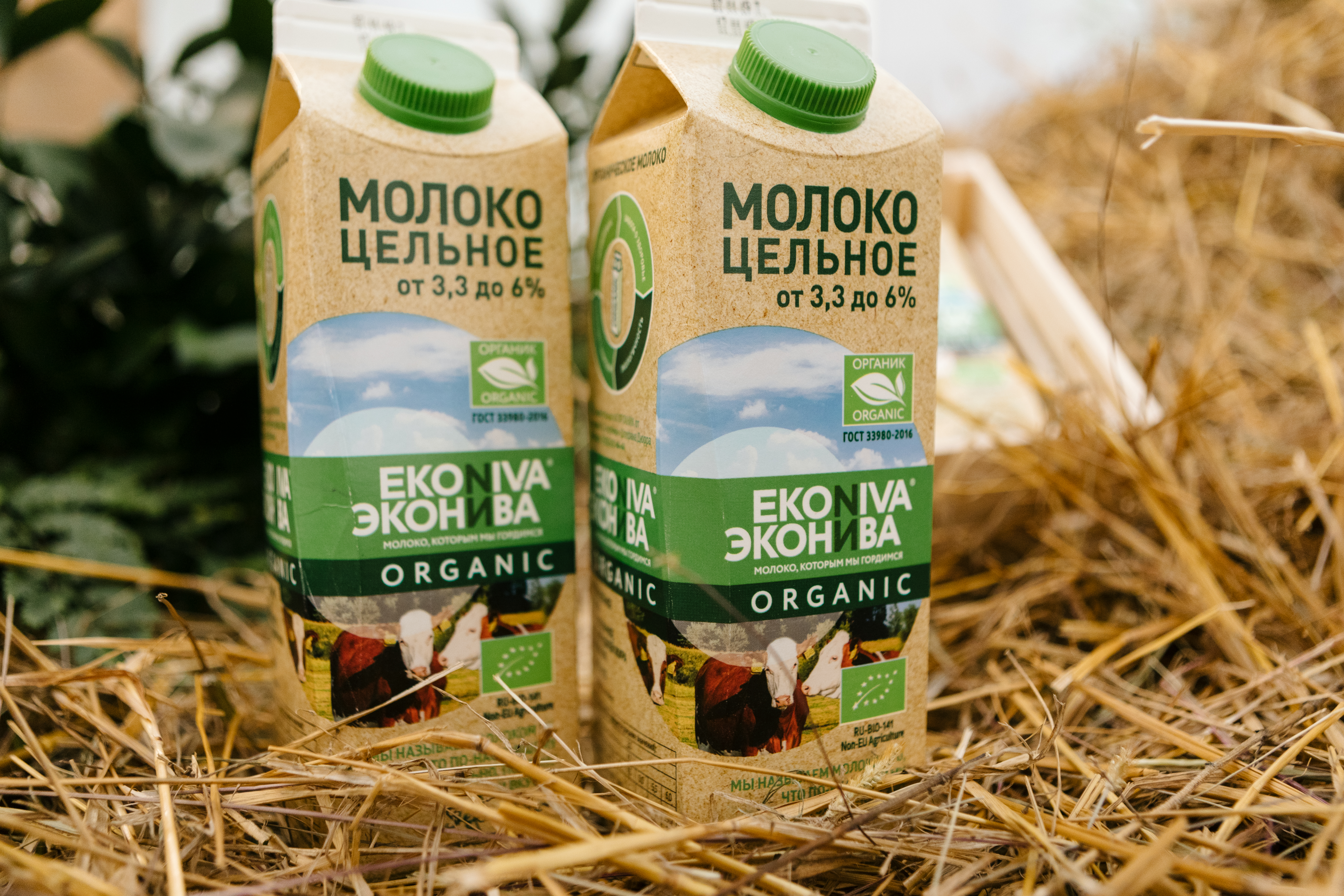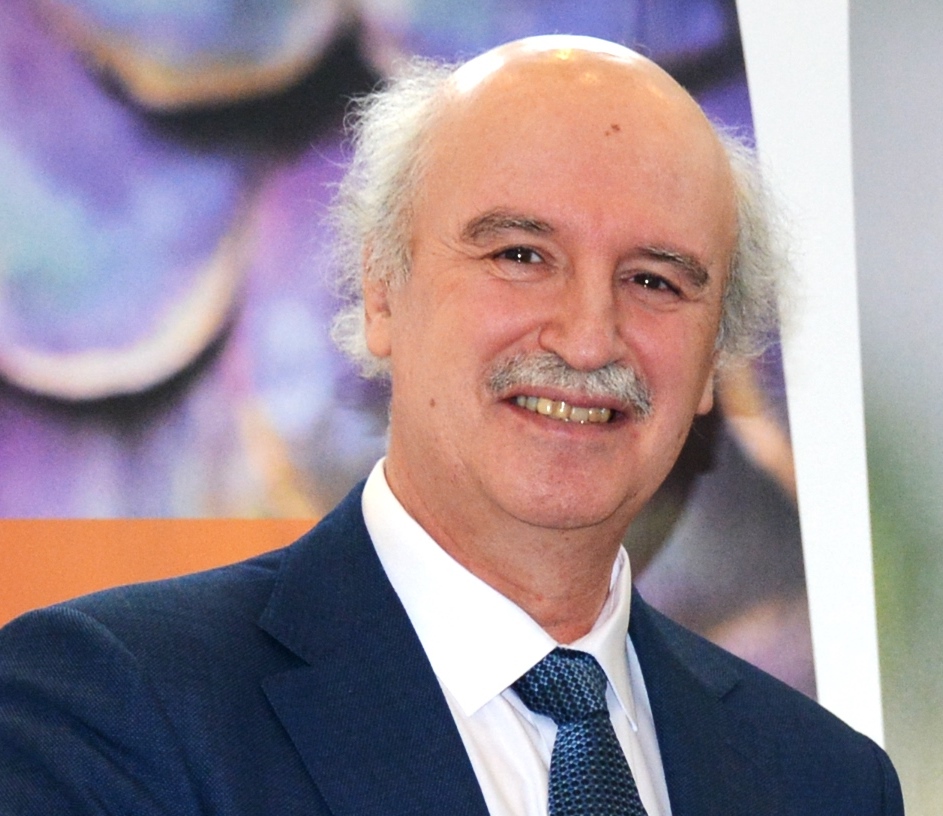New organic law: what’s next?
27 November 2020 News from the Company
The federal law on organic production came into force on 1 January 2020. What has changed in the organic sector over the 8-month period? Which products are already in the organic food basket and which are yet to be added? Experts share their thoughts on the subject.

‘Previously, few companies applied for organic certification. Now, we are seeing the opposite trend’, says Oleg Mironenko, Executive Director of the National Organic Union. ‘But for the quarantine measures introduced in spring, over 50 enterprises would have been in the process of conversion now.’
In February 2020, the Ministry of Agriculture of the Russian Federation established the Unified Register of Certified Organic Producers aimed at protecting consumers from adulterated goods.

‘According to the new law, the logo “organic” can only be used on the packaging of commodities if the producer is listed in the unified state register, which currently comprises over 30 companies’, continues Oleg Mironenko. ‘Each of them is entitled to label their products with the Russian organic brand.’
Since the introduction of the unified register, packaging has to feature a QR code providing consumers with accurate information about the origin of goods.
‘The certification in Russia is carried out by Organic Expert and Roskachestvo’, comments Oleg Mironenko. ‘This year, many producers have prolonged their European accreditation. Out of the 94 Russian organic producers, 30 are certified in accordance with the Russian standards and 76 possess an EU organic certificate. Approximately 80% of the above-mentioned companies operate in the Russian organic market exclusively.’
EkoNiva contributes to the development of the organic sector in Russia. Rassvet stock-breeding farm, which is a part of EkoNiva Group, has passed the required inspections and obtained organic certification for crop production and dairy farming in accordance with the Russian standard GOST from Roskachestvo. Earlier, the compliance of the farming crop practices with the respective European laws and regulations was confirmed by Kiwa-BSC.
‘Currently, the daily milk production amounts to 5 tons’, comments Maksim Vanin, Director for Northwestern district of EkoNiva-APK Holding. ‘Obtaining organic certificates is instrumental in unlocking the potential of organic production. It will enable us to expand the range of organic SKUs under the EkoNiva brand.’
At the moment, only 14 Russian producers are engaged in organic beef and dairy production, their market share accounts for less than 50% of all the organic food made in Russia. All of the companies also have organic certification for crop production as they grow their own feed for the livestock. Over 40 companies, 70% of which are small-scale farming enterprises targeting the domestic market solely, are focused on crop growing. Large-scale facilities, on the opposite, tend to be export-oriented.
‘13 companies specialize in organic growing and harvesting of wild crops: berries, mushrooms and nuts’, says Oleg Mironenko. ‘The accredited certifying agencies are based abroad, almost all such produce is made for export. Unfortunately, there are still no enterprises that would focus on organic aquaculture development, despite it being a promising area in the organic sector. As is the case with organic wild crops, there is no certifying body for it in Russia.’
Nevertheless, positive changes in the domestic organic market are apparent – it has welcomed the first producers of organic chocolates, grapes and soft drinks. However, for an average consumer, there is not much difference between organic and conventional produce.

‘The Organic sector in Russia has a great potential for expansion’, states Anatoliy Nakaryakov, Director for Organic Production, EkoNiva-APK Holding. ‘There is still a long way to go: we need to gain the consumers’ trust and recognition. I am convinced that ecological products should be placed on separate shop shelves or even in special ‘organic’ shop sections. It is high time to promote and raise public awareness of organic products and their numerous health benefits nationwide. Consumption of organic milk and other organic produce at kindergartens and schools – a common practice in many countries – would be a sound decision.’
According to Anatoliy Nakaryakov, once the demand for organic milk picks up, EkoNiva will go ahead with expanding the range of SKUs and stepping up the production volume. MosMedynagroprom, an EkoNiva milk processing plant in Medyn, Kaluga oblast, has received a certificate for organic production. Plans call for certification of EkoNiva milk plant in Shchuchye village, Voronezh oblast, in the near future.
n the meantime, organic producers expect further governmental support which will give new impetus to the industry development, i.e. subsidizing the direct costs incurred for the certification as well as the production of 1 liter of milk and 1 ton of meat, granting organic farmers subsidies per hectare during the entire production period, including the conversion time. As no organic seeds are currently available in Russia, state support is required for organic seed growing for all types of plants: cereals, legumes, vegetables, perennial grasses and industrial crops. Besides, partial reimbursement of the cost of organic fertilizers and biological crop protection agents is required. Soft loans and subsidies are essential for the organic enterprises engaged in protected horticulture, fruit tree nursery and bee farming. New organic law: what’s next?
By Darya Denisova
